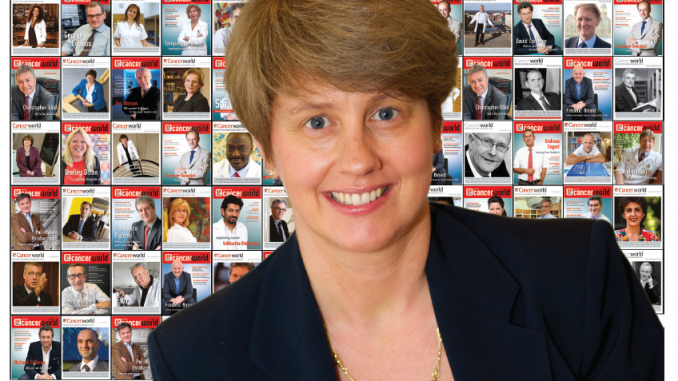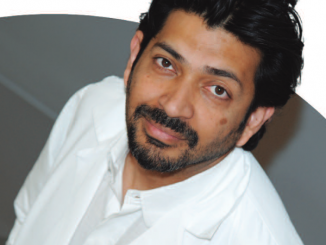
Once every seven years an opportunity arises to influence the shape of the European science research effort. This editorial takes a look at what is at stake in the current discussions around the European Research Framework programme for 2014-2020.
by Kathy Redmond
The battle is onto shape the agenda for European research up until 2020.The eighth research framework programme – renamed Horizon 2020 – is currently being discussed at the European Parliament and Council, and it has some good things going for it.
Prompted by pressures to increase public spending to boost growth and jobs, its budget of €80 billion for the period 2014–2020 represents a significant increase over the €55 billion allocated to the current framework programme (FP7).And the Commission has clearly tried to respond to criticisms about how hard it is for researchers to get access to this funding. It has been at pains to highlight changes that have been made to simplify rules and procedures – good news for any researcher who has had to struggle with the red tape associated with applying for an EU research grant.
Not such good news, however, is the decision to cut the slice of the overall cake that is allocated to health research, from its current level of 12% to only 10%. Critics point out that, even in purely economic terms, this is a mistake. Investing in health research not only has the stimulatory effect associated with all public spending, but it can also help cut healthcare costs and reduce the number of people unable to work due to ill health.
Both of these are major considerations. An estimated $47 trillion will be lost globally over the next two decades because of disease and ill health; for Europe the big challenge will be coping with an increasing burden of chronic disease as our population ages. ‘Health is wealth’ is the new mantra, and giving greater priority to research into the former will help boost the latter.
A campaign has now started to secure a greater slice of the Horizon 2020 funding for health research. Led by the Alliance for Biomedical Research (Biomed Alliance) in Europe, of which ECCO is a founding member, the campaign is also calling for the European biomedical research community to have more of a say in defining research priorities, and for a dedicated infrastructure in the form of a European Council for Health Research.
There is a lot at stake here. A comprehensive strategy involving the entire biomedical community in Europe will be key to addressing the fragmentation of the current research landscape, and to sustaining successful research projects long term and facilitating the translation of innovation into clinical practice. It will also provide opportunities for young researchers whose talents may otherwise be lost to Europe, particularly now that Asian economies are investing so heavily in this area.
Active support from across the cancer community will be crucial. The final package will be agreed at the end of 2013, so we now have a small window of opportunity to influence the outcome. The cancer community urgently needs to make its voice heard at both EU and national levels.





